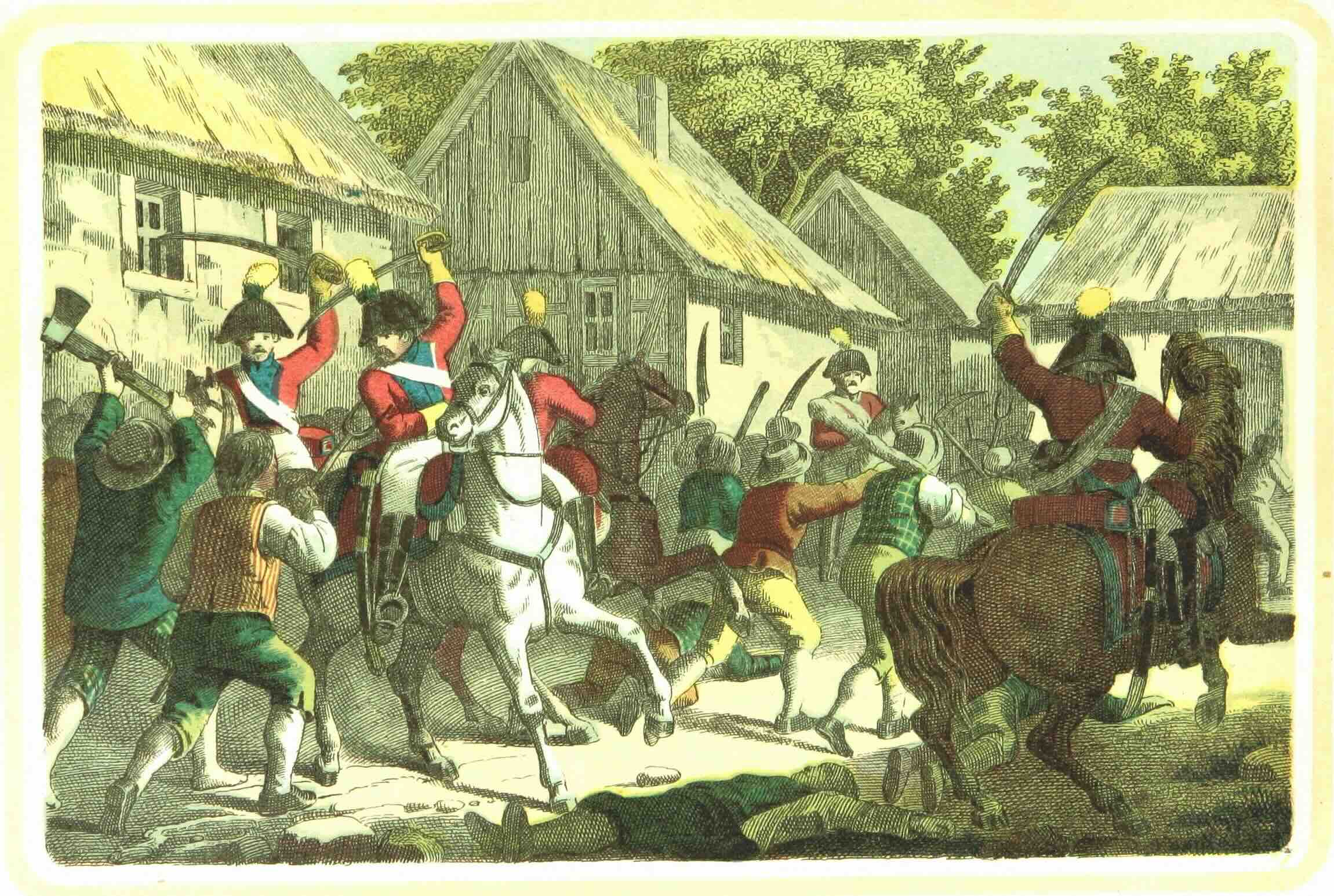
What sparked the Saxon Peasants' Revolt? The Saxon Peasants' Revolt was ignited by a mix of economic hardship, oppressive taxes, and feudal obligations. Peasants faced rising rents and taxes, while crop failures and famine worsened their plight. Nobles and clergy demanded more from already struggling farmers, pushing them to the brink. The introduction of the "Great Freedom" decree, which promised but failed to deliver relief, added fuel to the fire. Frustration boiled over, leading to widespread rebellion. This revolt wasn't just about money; it was about dignity, justice, and the right to a better life. The peasants' courage in standing up against their oppressors left a lasting mark on history.
Key Takeaways:
- The Saxon Peasants' Revolt was a major uprising in Germany driven by economic hardship, religious inspiration, and demands for social reforms, but it ultimately ended with the peasants' demands largely unmet.
- The revolt had lasting impacts on German society, highlighting social and economic inequalities, leading to increased repression of peasants, and influencing future revolutionary movements in Europe.
Origins of the Saxon Peasants' Revolt
The Saxon Peasants' Revolt, a significant uprising in German history, was driven by various social, economic, and political factors. Understanding its origins helps grasp the broader context of medieval Europe.
- The revolt began in 1524, primarily in the region of Saxony, Germany.
- Economic hardship and oppressive feudal practices fueled the peasants' anger.
- Martin Luther's Reformation ideas inspired many peasants to seek social and religious reforms.
- The revolt spread quickly, involving tens of thousands of peasants.
- Peasants demanded the abolition of serfdom and reduction of taxes.
Key Figures in the Revolt
Several leaders and influential figures played crucial roles in the Saxon Peasants' Revolt. Their actions and decisions significantly impacted the course of the uprising.
- Thomas Müntzer, a radical preacher, became a prominent leader of the revolt.
- Martin Luther, though initially supportive, later condemned the revolt.
- Florian Geyer, a knight, supported the peasants and led a group called the Black Company.
- Duke George of Saxony opposed the revolt and led the noble forces against the peasants.
- The Swabian League, a coalition of princes and cities, played a key role in suppressing the revolt.
Major Battles and Events
The Saxon Peasants' Revolt saw several significant battles and events that shaped its outcome. These confrontations were often brutal and decisive.
- The Battle of Frankenhausen in May 1525 was a turning point, resulting in a decisive defeat for the peasants.
- Thomas Müntzer was captured and executed after the Battle of Frankenhausen.
- The revolt saw widespread destruction of property, including castles and monasteries.
- Many peasants were brutally punished, with thousands executed or mutilated.
- The revolt ended in late 1525, with the peasants' demands largely unmet.
Social and Economic Impact
The Saxon Peasants' Revolt had lasting social and economic effects on German society. These changes influenced the future of feudalism and peasant life in the region.
- The revolt highlighted the deep social and economic inequalities in medieval Germany.
- Many peasants faced harsher conditions and increased repression after the revolt.
- The revolt led to some minor reforms, such as slight reductions in taxes and labor obligations.
- The nobility strengthened their control over the peasantry, fearing future uprisings.
- The revolt influenced later peasant movements and uprisings in Europe.
Legacy and Historical Significance
The Saxon Peasants' Revolt remains a significant event in European history. Its legacy continues to be studied and debated by historians.
- The revolt is seen as an early expression of social and economic justice demands.
- It highlighted the growing tensions between different social classes in medieval Europe.
- The revolt influenced later revolutionary movements, including the French Revolution.
- Historians view the revolt as a precursor to modern social and political movements.
- The Saxon Peasants' Revolt remains a symbol of resistance against oppression and injustice.
The Legacy of the Saxon Peasants' Revolt
The Saxon Peasants' Revolt left a lasting impact on history. It highlighted the struggles of the lower class against oppressive systems. This uprising wasn't just about immediate grievances; it was a cry for justice and equality. The revolt showed the power of unity among the oppressed, even if it didn't achieve all its goals. Over time, it influenced later movements and revolutions, proving that the fight for rights and fairness is a continuous journey. Understanding this revolt helps us appreciate the sacrifices made by those who came before us. Their courage and determination remind us that change often starts with ordinary people standing up for what's right. The Saxon Peasants' Revolt remains a significant chapter in the ongoing story of human resilience and the quest for a better world.
Frequently Asked Questions
Was this page helpful?
Our commitment to delivering trustworthy and engaging content is at the heart of what we do. Each fact on our site is contributed by real users like you, bringing a wealth of diverse insights and information. To ensure the highest standards of accuracy and reliability, our dedicated editors meticulously review each submission. This process guarantees that the facts we share are not only fascinating but also credible. Trust in our commitment to quality and authenticity as you explore and learn with us.
